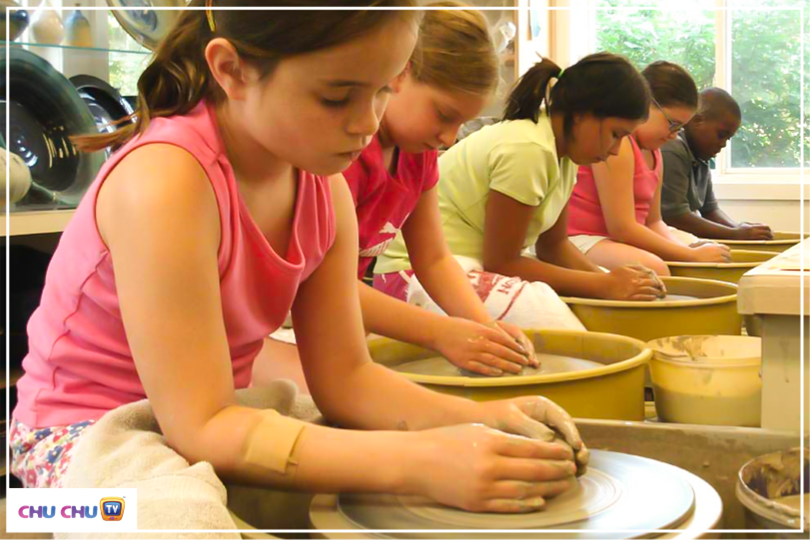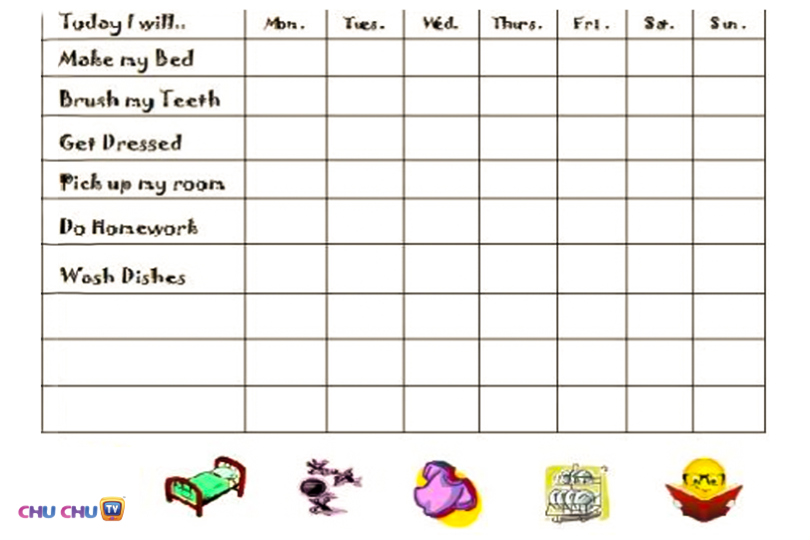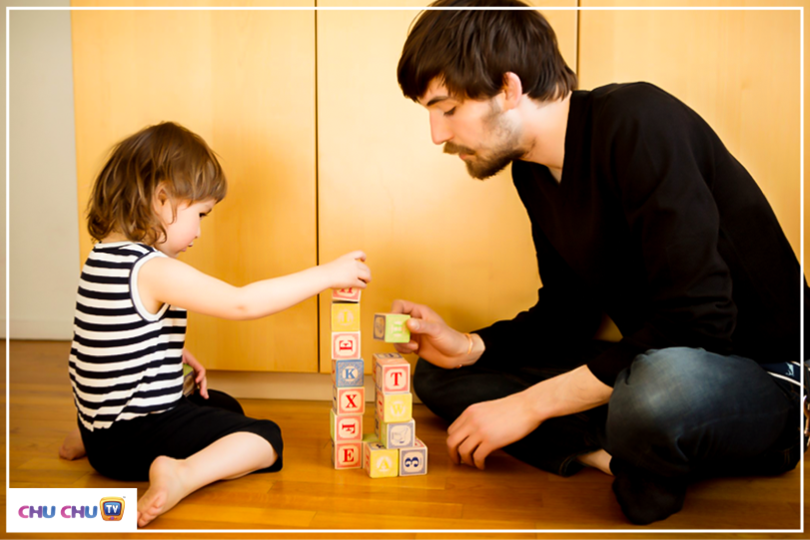It is every parent’s dream to raise a child who is healthy, happy and successful. While health is quantitatively easy to define and measure, happiness and success continue to elude the ambitious parent. What defines happiness and success in a child is the development of their intellect.
A child is born with a certain amount of potential which is something no parent can change. However, it is possible to make sure their potential is fully realized by actively facilitating their intellectual growth as a parent. Intellectual growth is honed in children who have the following
- Environments that facilitate learning
- Encouragement to seek challenges
- Intrinsic ability to dive deep into interests
- Meaningful engagement that creates an atmosphere that values knowledge
Here are 10 ways to bring out your child’s true potential:
1. MUSIC TRAINING
Put your child in a music class– preferably classical (due to its rich diversity, culture and depth). Apart from helping your child concentrate on one thing at a time– in a world where attention is easily dispersed, music also helps refine discipline and patience.
According to a research published in September in the Journal of Neuroscience, there is direct evidence that musical training has a biological effect on children’s developing nervous systems.
Music builds the ability to deal with different pieces of information at the same time and process it, says Nina Kraus, a professor at Auditory Neuroscience Laboratory in North Western University, who has studied the effect of music and sound on the human brain.
2. SPORTS
Encourage your child to engage in something that helps them understand their body better. This could be a sport, a science like Yoga or even a martial art like Karate. This relationship they develop with themselves will provide them a foundation to do their best in any endeavor that they pursue. The lessons of kinship learnt on a sports field is best elucidated by Randy Pausch in his “Last Lecture” titled “Really Achieving Your Childhood Dreams” (at Carnegie Mellon on September 18, 2007) where he talks about how sport is pursued for lessons in life. The German Health Interview and Examination Survey for Children and Adolescents (KiGGS)has published findings that indicate strong positive effects of participation in sport on children’s cognitive and non-cognitive skills.
3. ART APPRECIATION
Learning to assimilate, appreciate and process art can help your kids think and express ideas in clearer and more creative ways as it stretches their imaginary horizons and enables them to think out of the box.
Research studies have shown that children who are enrolled in visual thinking programs have an enhanced understanding of visual imagery and exhibited stronger growth curves in math and reading. What is interesting is that these children also showed better social-emotional growth compared to the other children who weren’t in the program.
4. READING CULTURE
Read to your child when they are small and promote the culture of reading at your home. This will make your child incorporate this habit in their day to day life. The many benefits of reading like how it develops the brain, boosts creativity and imagination are well known. It is also directly correlated with academic achievement. Reading would help your children be well versed with literature and pursue other interests.
5. MINIMAL CONFLICT
An environment where your child doesn’t have to resolve conflict will give them more bandwidth to learn and grow. Try to keep conflict as minimal as possible around them. Many times,we parents do not realize the importance of this one behavior that has such a direct implication on our child’s ability to learn. Just being aware of this fact and actively minimizing conflict will go a long way in facilitating your child to harness their potential. According to the book “I am OK, You are Ok”, conflict takes up too much of the child’s mental energy leaving little to grow or be engaged in creative pursuits.
6. EXPOSURE TO DIFFERENT THINGS
Encourage your child to learn a new language or a craft or go to that interesting pottery workshop around the corner. Everything they process in their minds from the age of 2 to 21 plays a part in shaping their ability to ideate and express themselves.
Even something like being raised in a multilingual atmosphere has advantages like brain developing skills to focus on more things at the same time, while also developing empathy due to the ability to see different perspectives.
7. SET REALISTIC BUT CHALLENGING GOALS
Work on small projects that will spur your child to embark on pursuits regardless of the desired destination. Teach them to strive for their goal and guide them to practice perseverance. This will make your child experience the high of attaining a set goal, which will inspire them to nurture a culture of goal-setting down the road.
8. DELAYED GRATIFICATION
The ability of a child to delay gratification is directly correlated to their ability to achieve their dreams. As a parent, you can build this ability by rewarding behavior that delays gratification in positive ways. For instance, promising a trip to the parkoncehomework is done with.
According to Stanford, the one measure of success after years of research is delayed gratification.
9. EXPLORATIVE LEARNING
Foster an environment where learning doesn’t have any prerequisites; the only thing that it takes to learn something new is inclination. Encourage flights of fancy on their favorite topics while cheering them on. This will comfort your child while they’re exploring new mental terrains. Meanwhile, your encouragement over time becomes the voice in their head.
10. SETTING THE BAR HIGH
Children often draw the boundaries of their imagination from their perception of their parents’ lives. Set goals for yourself and allow your child to participate in the evaluation of your progress, thereby teaching them to aim high and dream big. Encourage them to fantasize to their fullest potential and cherish their journey towards the same.
As parents we do everything in our power to help our children scale mountains and conquer numerous peaks. Keep in mind that genes are not destiny and that you as a parent have the ability to sculpt your child’s mental development, enabling them to express their genes in a fine-tuned way.
Ensure to avoid coddling them;rather make an example of yourself because they’re highly influenced by you. So dream some big dreams, work on them and make exploring and enjoying successes a way of life for yourself. You’re bound to find the journey much more rewarding. Happy Parenting!
Do you think your kid is a genius? Tell us in which ways in the comments below!




















she is just a growing child,with that i think she will be strong thanks a lot for teaching me
Lots of love <3
Thanks for this, it’s really Educative.
Glad to know that Ade 🙂
Am glad, this should go a long way in raising my daughter